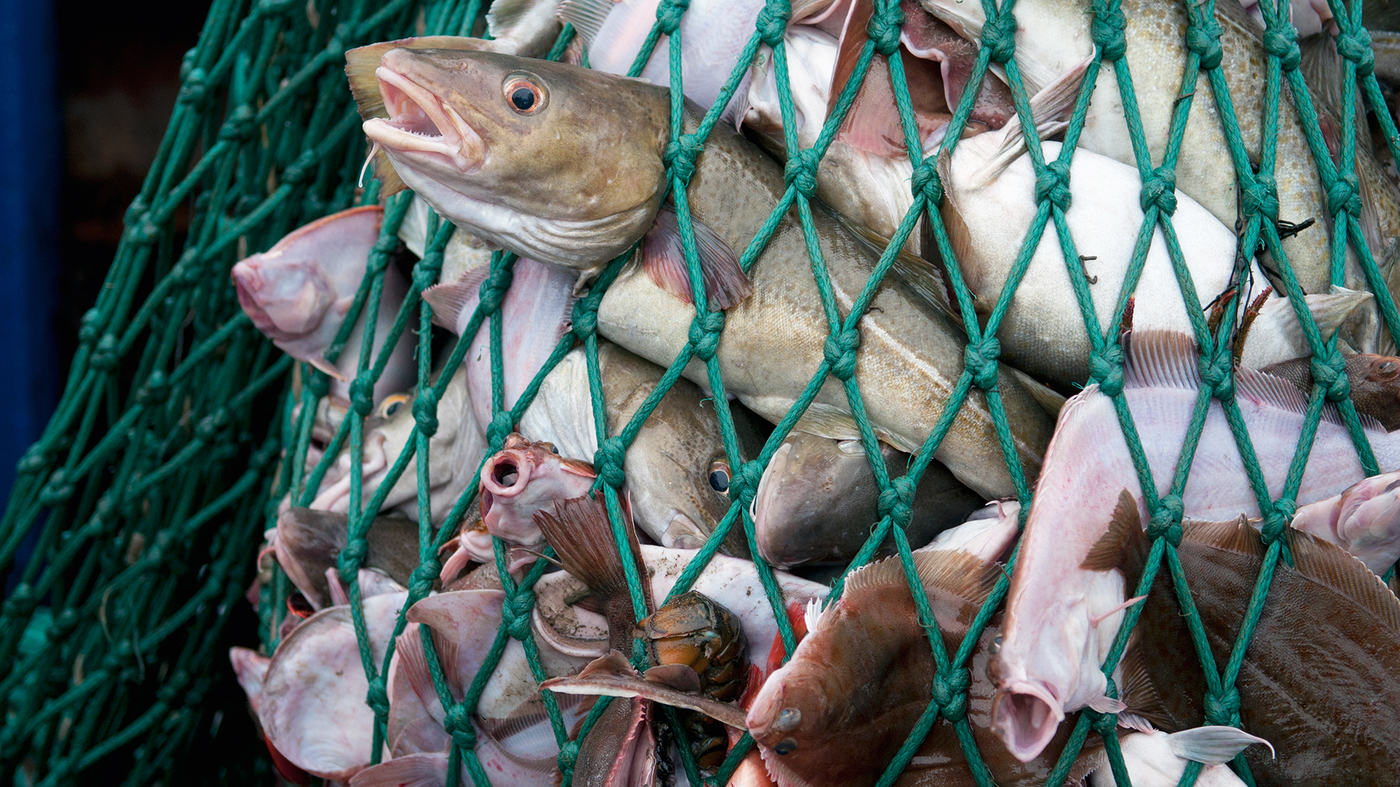The ocean is the largest source of food in the world and fish is one of the main source of daily protein
But unfortunately, fishermen are more and more frequently returning home with empty nets.
Some scientists say that in the last 60 years’ stocks of large fish have fallen by 90 percent, and they are warning that we are facing the collapse of all types of fish species.
Overfishing is a form of overexploitation where fish stocks are reduced to below acceptable levels. Overfishing can occur in water bodies of any size, such as ponds, rivers, lakes or oceans. And this can result in resource depletion, reduced biological growth rates and low biomass levels.
Sustained overfishing can lead to critical depensation, where the fish population is no longer able to sustain itself.
Also, overfishing occurs when more fish are caught than the population can replace through natural reproduction.
Gathering as many fish as possible may seem like a profitable practice, but overfishing has serious consequences. The results not only affect the balance of life in the oceans, but also the social and economic well-being of the coastal communities who depend on fish for their way of life.
Long-line fishing vessels deploy 1.4 billion hooks a year, each with a slice of fish hanging from them as bait. There are trawling vessels that cast nets with an opening of 4 football fields, that’s big enough to hold 13 jumbo jets.
These nets can catch up to 500 tons of fish. Amongst the 500 tons there is a lot of bi-catch. Bi-catch is marine creatures that are incidentally caught, often at large quantity.
Typically, shrimp trawlers throw 80 to 90 percent of the dead marine creatures caught back overboard. It is estimated that for every kilo of shrimp caught, up to 9 kilos of other marine wildlife are wasted.
Many of the fish that are farmed are carnivorous or eat other fish to survive
According to a 2008 UN report, the world’s fishing fleets are losing US$50 billion each year through depleted stocks and poor fisheries management. The report, produced jointly by the World Bank and the UN Food and Agriculture Organization (FAO), asserts that half the world’s fishing fleet could be scrapped with no change in catch.
To this end, regulatory measures should be introduced for controlling overfishing. Also, creating awareness of overfishing can be effective in fisheries management. Thus, improving compliance.
http://planetearthherald.com/no-fish-left-in-50-years-from-now/

